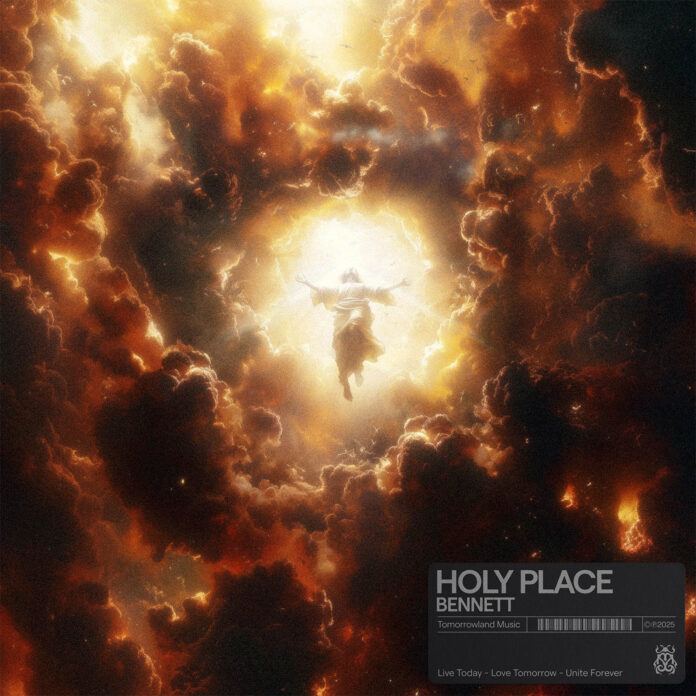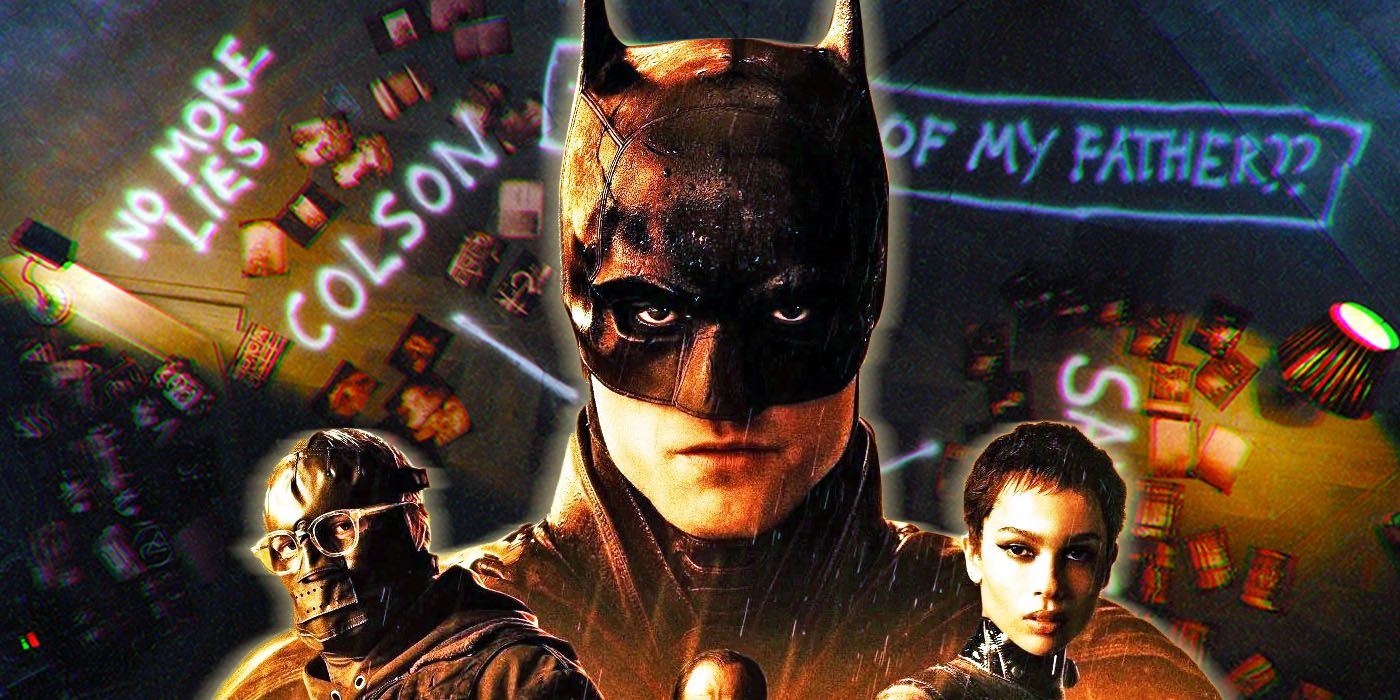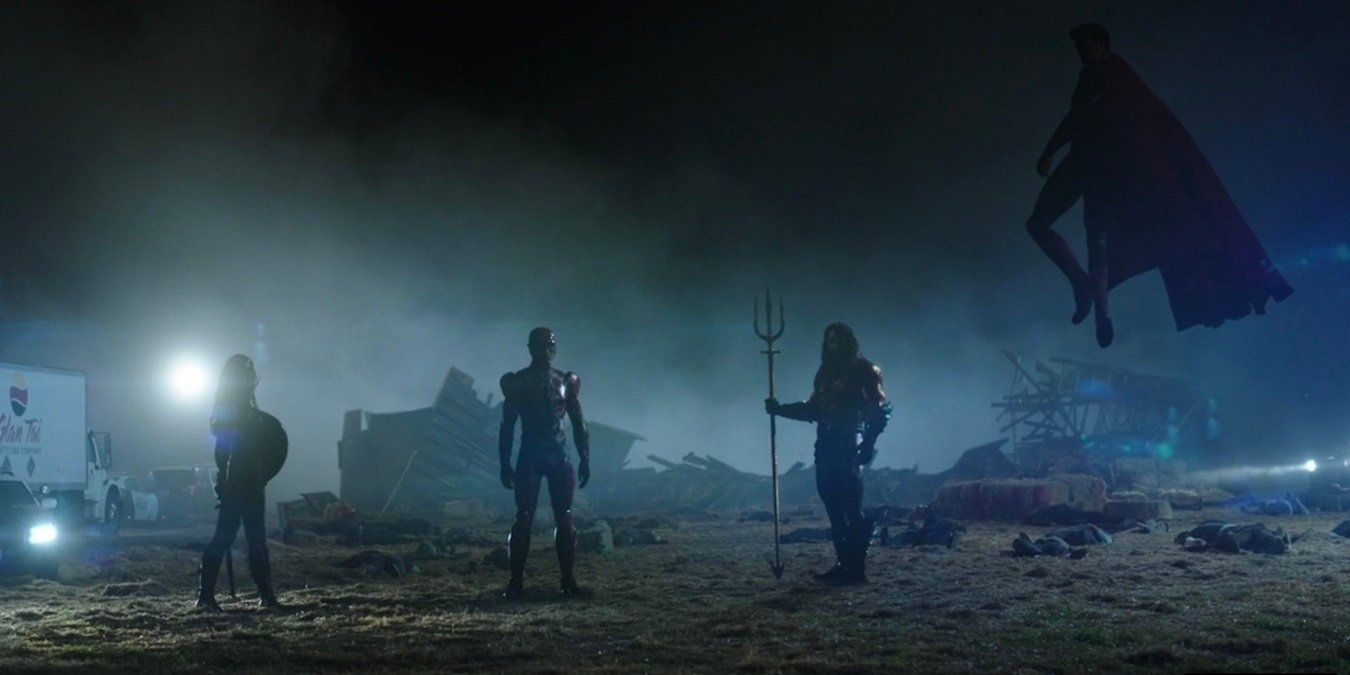With the rise of the digital and social media era over the last few years, one of the most heated debates has revolved around spoilers. Many fans of comic book movies and, well, pop culture in general can often be found blasting people online for spoiling their favorite TV shows and movies right after they're released. It's gotten so bad studios have asked viewers to be quiet so others can soak in the experience and be genuinely surprised. Marvel Studios, in particular, had to preemptively muzzle Mark Ruffalo and Tom Holland after they spilled key details about the Marvel Cinematic Universe. However, after what transpired with Matt Reeves' The Batman, it's clear that the age of the spoiler is indeed dead, and free conversation over these films is something viewers have to learn to live with.
Now, a lot of this has to do with The Batman's press circuit, starting with Reeves giving an interview in which he confirmed Barry Keoghan was indeed the Joker the day before the movie opened. That's a pretty big cameo to spoil, and while it had been speculated for months, people still wanted to be surprised. Interestingly, Reeves had spoken in interviews before about a deleted scene that had Keoghan's character in Arkham with The Riddler. That not only hinted he'd be the Clown Prince of Crime, but it spoiled a major Riddler reveal in the film because it was now apparent he'd be caught.
Thus, if the director and studio have no problem talking about sensitive information in the marketing, how could fans get angry at other fans for just talking about what they said? After all, it's fair game at that point. The move is reminiscent of when comics spoil big events before issues hit to build hype and get people rushing to their local shops or when trailers and TV spots reveal key details. Ultimately, something being spoiled doesn't necessarily prevent a consumer from buying the comic or seeing the film, ergo why studios and publishers don't mind -- it's a native advertising strategy that mainstream media will pick up on outside the geek outlets and turn into big buzz.
It also ties back into the end of TV shows, which often have previews for the next episode, and within a matter of minutes, they're online. Again, if the curators are putting the art out there, it's difficult -- and slightly entitled -- to tell the public not to converse about it. While viewers should show restraint and tact, they're not obligated to do so, especially since they've invested their time and money in the products and own the right to speak freely about them when they want.
A great parallel would be sporting events, which are dissected and plastered on TV and the Internet immediately. If someone doesn't catch the Super Bowl, there's no way they can tell someone to keep quiet about it. They'd have to bury their head in the sand, cull their friends and followers beforehand, or use the mute buttons on social media platforms. The thing is, chances are at work or out in public, someone will eventually talk about the taboo piece of content. And a lot of this is because the entertainment industry has shifted hard to instant conversation, whether it's critics, hardcore fans or casual consumers.
Everyone wants to be there first, leading the discussion and giving a top-of-mind opinion. It may be construed as spoilt or even arrogant, but that's the world we live in, which consumers feed with their propensity for social media. Admittedly, audiences would love if things like Harry Styles as Thanos' brother, Eros, in Marvel's Eternals weren't spoiled before or immediately after the flick, which would have created the shock and awe of young Luke Skywalker returning to Star Wars or the Justice League cameoing in Peacemaker.
But after they air, if people don't have the composure to hold their love in about the epic moments, then so be it. Most of the time, it's not done out of disrespect or trolling; it's simply passion boiling over. And if Reeves and Warner Bros. can spoil The Batman before it goes en masse, then they should be knocked too, not just overzealous fans in a world where content is king and chatter builds the metrics and ROI these studios want.
See how Bruce's journey with these villains unfolds in The Batman, now available on HBO Max.




